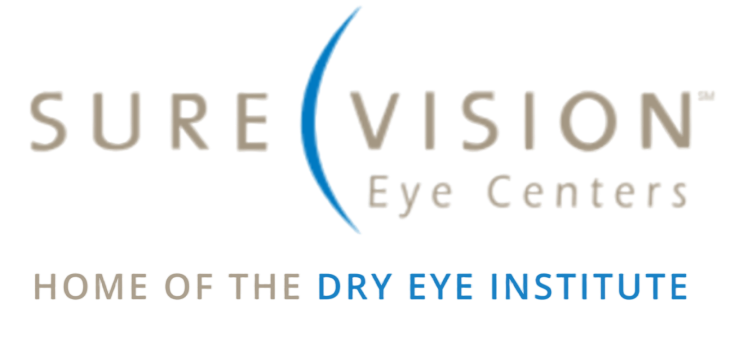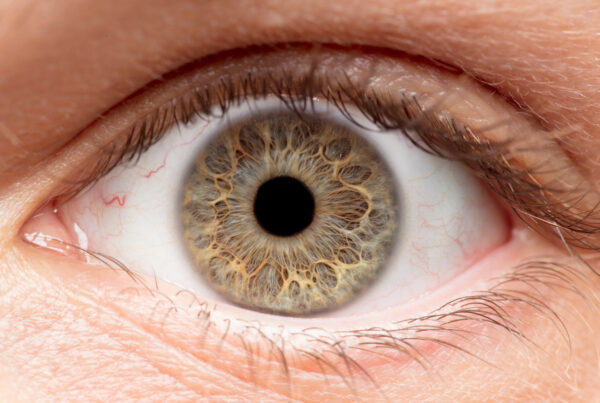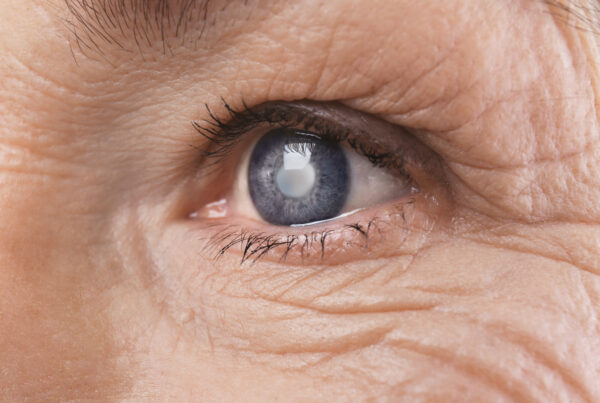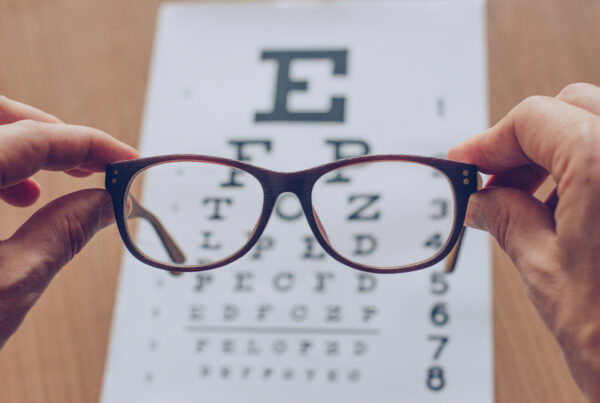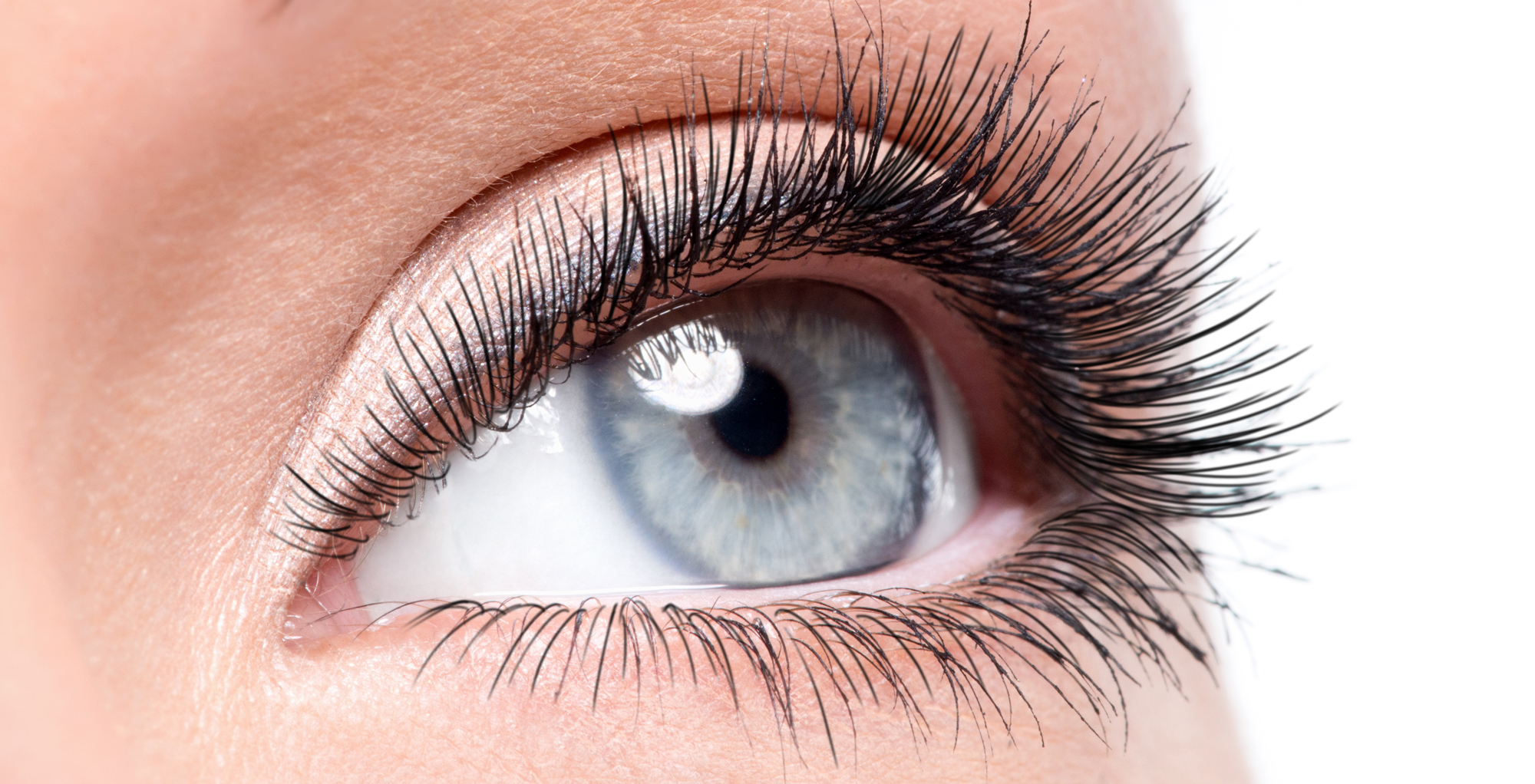
There isn’t a week that goes by without patients telling me how sore their eyes are. That’s one of the many things I do, take care of sore eyes. It is even more troubling to these people whenthey were already seen by another eye doctor who couldn’t figure out what was wrong and couldn’t make their eyes feel better.
In some of these people, a quick look at their medications and medical conditions can solve the problem and lead to effective treatment. It’s chemotherapy that is often the over-looked answer to this.
Chemotherapy has been used for decades to treat cancers, but if you listen to all the TV and Radio spots advertising that you should speak to your doctor about this or that new treatment, you probably heard all the disclaimers about the bad things that go along with the good things. Unfortunately, they’re said so quickly or softly, that no one can remember them. So, here’s a lesson on how many of these treatments can affect your eyes.
Most cancer cells grow faster than other normal cells in your body, so chemotherapy is generally intended to target and kill fast-growing cells. Newer treatments can target specific cancer cells, but the traditional agents were, and still are, less specific for cancer cells. They just find the fast-growing cells.
It turns out that the skin cells on the surface of your eyeball are also fast-growing cells, so they can be damaged by some chemotherapy agents. Since most of the treatments are given as IV infusions or pills taken by mouth, doctors focus their explanations of side effects on things that have a blood supply, like your kidneys, liver, lungs, bladder, intestines, and so on.
Your cornea, the front clear wall of your eyeball doesn’t normally have blood vessels, so they don’t expect these medications to cause trouble there. The problem is that most chemotherapy also gets into your tears when it passes through your blood stream. Those tears soak the surface of your eyesand have a toxic effect on the fast-growing cells of your cornea. While you may be told about the nausea, hair loss, diarrhea, weakness, and other side effects, no one tells you what to expect with your eyes.
Think about when your eyes hurt the most. It’s often the three to five days after a chemotherapy infusion when the concentration in your tears is the greatest. It can be worse if you wear contact lenses. The chemotherapy agents in your tears can soak into your contact lenses and be held on your cornea even longer, until you remove your lenses or change to new ones. That’s why many people on chemotherapy feel like their contact lenses are causing their eye pain and complain to the doctor about the lenses themselves. It may not be the lenses, but medication in your tears that are held by the lenses for several days during and after your treatment.
Fortunately, it is rare that these agents cause lasting damage to your cornea. There are several ways to minimize the discomfort they cause your eyes, and the simplest is to dilute your tears with artificial tear eyedrops frequently during the days of your treatment and several days after your treatment. This can help wash away the toxic effect these medications can cause and allow your healthy corneal cells to recover. It may also be best to leave your contact lenses out when you start your treatment to avoid having them coated with the medication in your tears. This is mostly a problem with soft lenses as the hard lenses don’t hold the moisture. There are also prescription medications for your eyes that can reduce the inflammation and soreness while you are going through your treatment, and they are safe to use while on chemotherapy. Come see us at SureVision Eye Centers for cornea disease treatment in Creve Coeur, MO, and Alton, IL, if this sounds like a problem you are going through.
